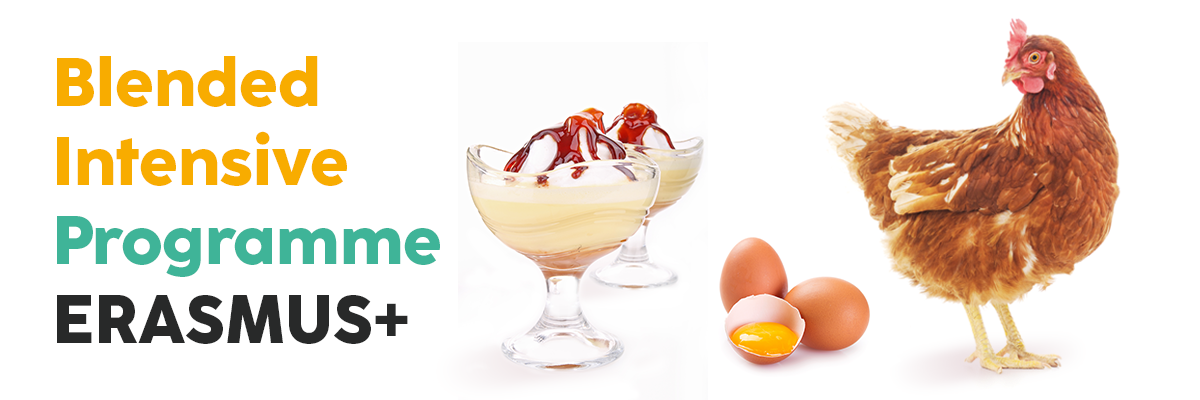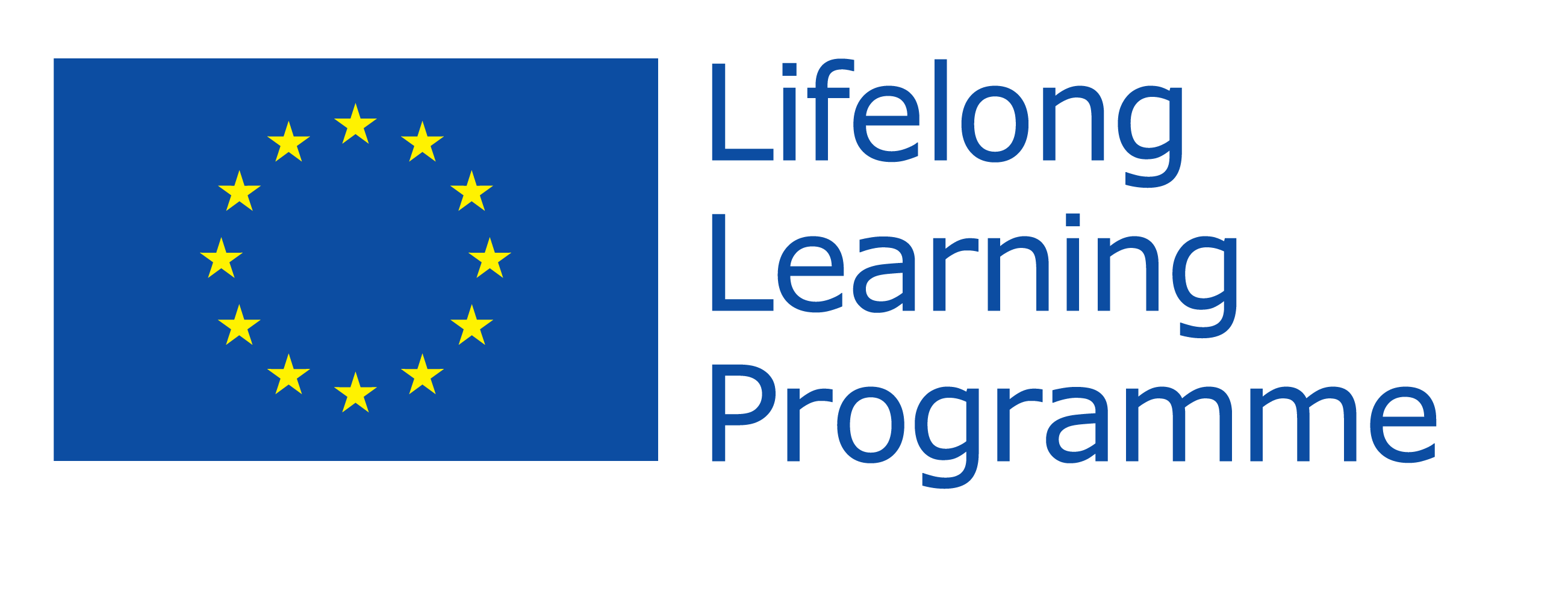
- Enseignant: Sophie ALLAIS
- Enseignant: Valerie DATIN-LECHEVALIER
- Enseignant: Amelie DEGLAIRE
- Enseignant: Catherine GUERIN-DUBIARD
- Enseignant: Sophie JAN
- Enseignant: Sandrine LAGARRIGUE
- Enseignant: Francoise NAU
- Assistant(e) Pédagogique: Monique BOURIEL
- Manager: Delphine RICHARD
- Enseignant: Lucile MONTAGNE
- Enseignant: Lucile MONTAGNE
The Training
Since 2008, 11 European universities have been associated to set up a multidisciplinary training in food safety. This training, which has developed into an intensive programme, aims at broadening the future professionals’ skills in the current issues and main topics in food sanitary safety.
- The training lasts 2 weeks
- 6 ECTS credits could be granted to the participating students
- Working language is English
In 2010, the programme is organized by the University of Pisa in Italy from 2 until 15 May 2010.
Content of Training
Experts from associated universities back students along the training. This enables future professionals to enlarge their knowledge and learn the different aspects of food safety - hazards all along the production chain and for the different products’ types. Moreover students share their experience and get a comparative vision at the European level.
A European and Multidisciplinary Training
The European dimension as well as the different backgrounds of the participants is the highlight of the training.
This programme is funded with support from the European Commission
- Enseignant: Michel GAUTIER
- Enseignant: Sophie JAN
- Teacher: Lucile MONTAGNE
April 13th - 26th, 2014
Rennes and Hydroelectric dam of Vezins
5 European universities of the Atlantic Arc (Bournemouth, Cork, Oviedo, Porto and Agrocampus Ouest) combine their expertise to offer to students a two-week training on riverscape restoration.
Through comparison of river landscapes in the Atlantic Arc and multidisciplinary education, the main objective of this programme is to introduce students to river and salmonid ecology and restoration in the broadest sense, considering not only scientific issues but also the human dimension of river use in rural areas.
This project will:
- Immerse students in local (rural) cultures and traditions, including river uses
- Promote active and research-based learning
- Promote team-working
- Establish a network of teachers and students with an interest in river ecology, its resources, ecological restoration and management
- Make students realize the gap between the past civil engineering works on the rivers to the future ecological river engineering projects
- Enseignant: Ivan BERNEZ
